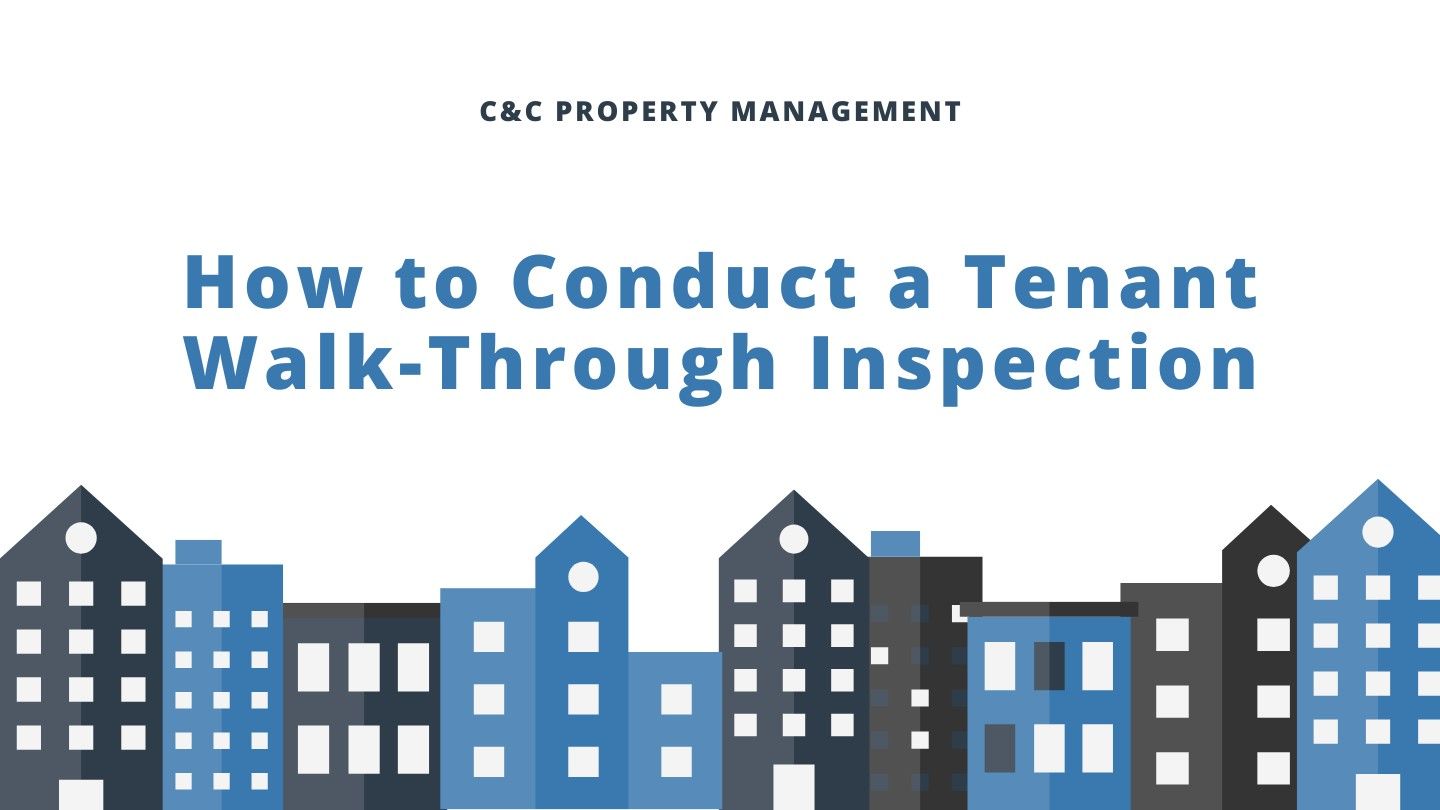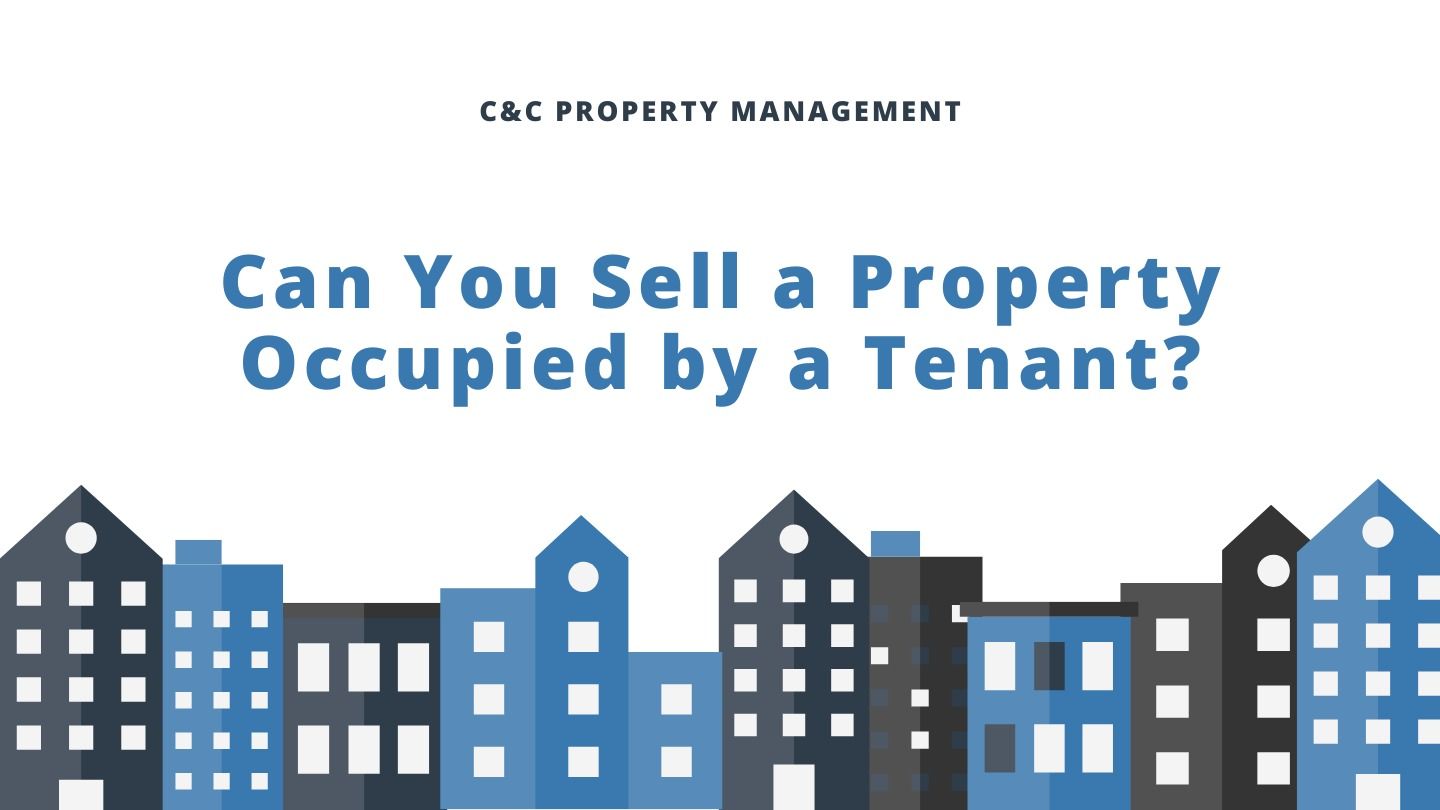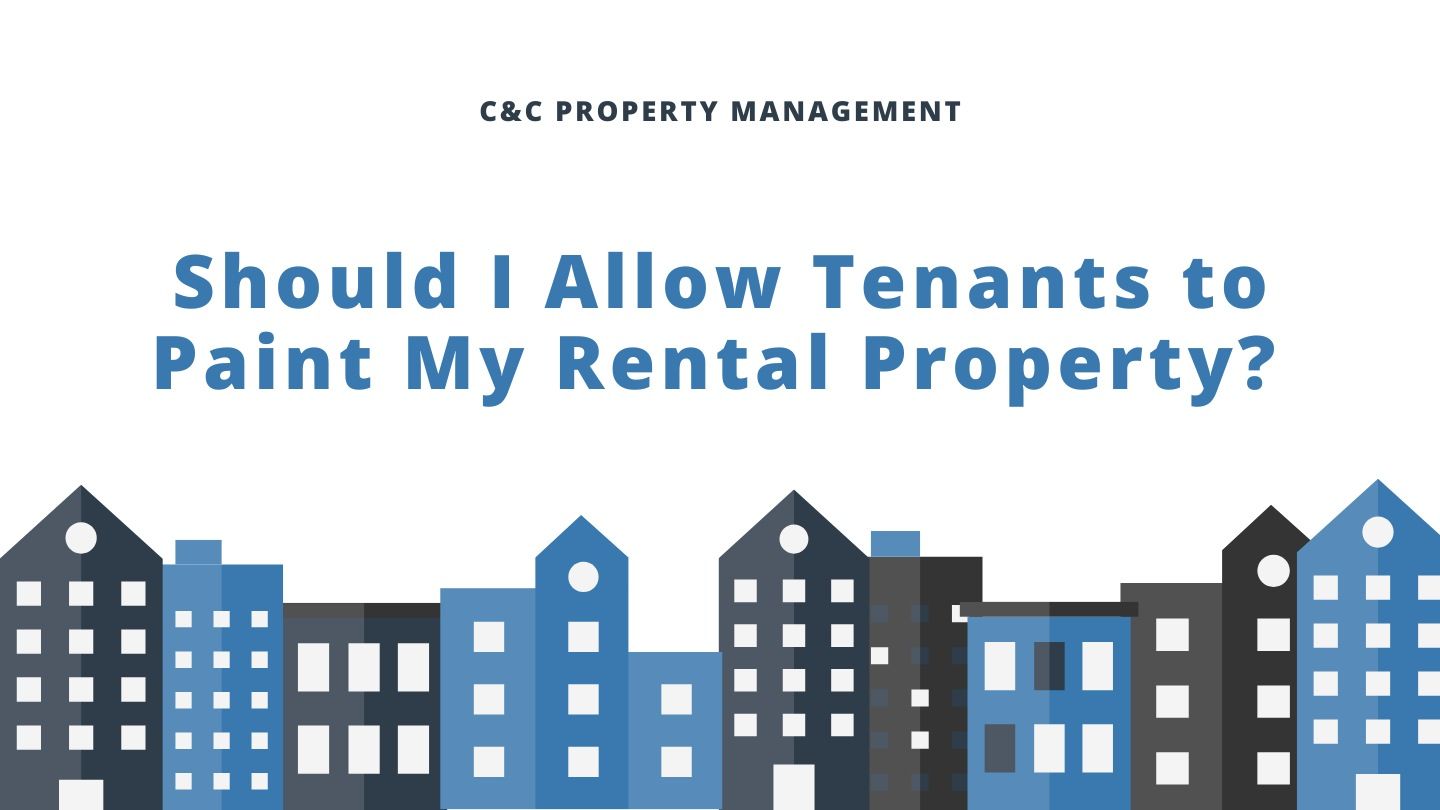Embrace the Future: The Rise of the Digital Landlord
The traditional role of a landlord or real estate investor is undergoing a radical transformation, and the advent of technology is leading the charge.

Gone are the days of manual tasks and tedious paperwork. The rise of the digital landlord is here, and it's revolutionizing the way properties are managed and investments are made.
So, what is a digital landlord, exactly? Simply put, it's someone who leverages technology to manage their properties. From property management software to keyless entry systems to remote security measures, the digital landlord is taking advantage of the latest advancements to make their business run smoother and more efficiently.
Even if you don't think of yourself as a digital landlord, you're likely more tech-efficient than you realize. The use of spreadsheets, smartphones, and social media platforms like TikTok have all become crucial tools in the digital landlord's arsenal.
The benefits of being a digital landlord are numerous. For starters, you can manage your rentals from anywhere with a smartphone, freeing up more of your time to do what you love. Additionally, you can offer your tenants options like automatic rent payments and electronic communications, which can increase the value of your rentals and make your life as a landlord easier.
When it comes to choosing the right technology for your business, look for property management software that addresses traditional pain points in real estate. Features like automated rent collection, tenant payments, tenant screening, late fees, and tenant communication can all be tackled with the right tech.
So embrace the future and join the rise of the digital landlord. With technology on your side, managing your properties and investments has never been easier.








